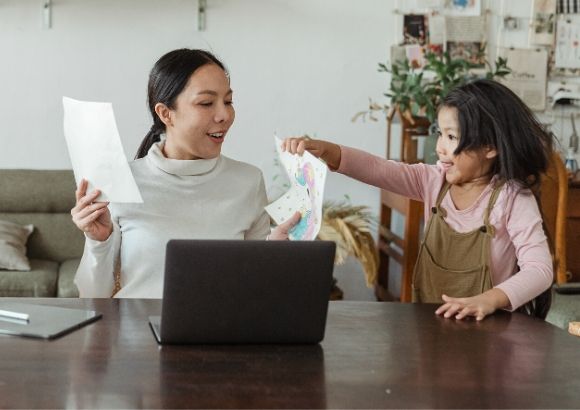Helping your child cope with going back to school
 Schooladvisor Team
Schooladvisor TeamAfter more than three months, a total of 500,440 Form Five, Form Six, Sijil Vokasional Malaysia and Sijil Tinggi Agama students from 2,440 schools and hundreds of international schools have already made their way into physical classrooms since June 24.
Beginning July 15, schools across the country are set to welcome the remaining primary and secondary students in phases, as announced by Education Minister Mohd Radzi Md Jidin last week.
He also explained in his live broadcasted announcement that schools will have to follow one of three models of operation which will be approved by the ministry beforehand.
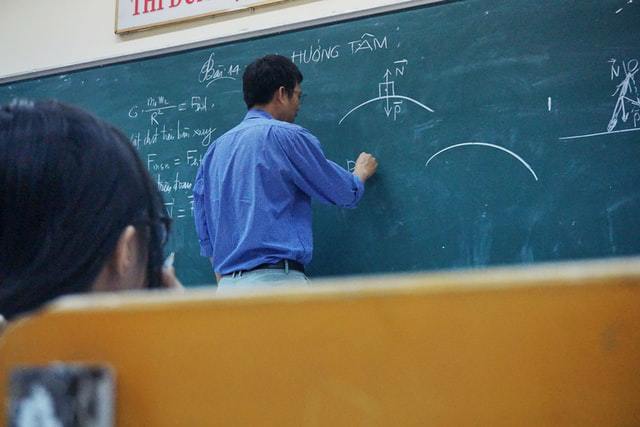 Model 1 recommends that schools conduct lessons within one session – this model is for schools who can accommodate all their students. Schools who choose this will operate as normal.
Model 1 recommends that schools conduct lessons within one session – this model is for schools who can accommodate all their students. Schools who choose this will operate as normal.
Model 2 recommends dual sessions while Model 3 recommends a rotational schedule.
With things throughout the country gradually moving back to the way it was in the midst of the Covid-19 pandemic, many parents are concerned for their children’s safety in regard to going back to school.
In an article published by The Star online on June 1, a few parents expressed that they were in no rush for schools to reopen, saying they preferred a staggered return to school and would rather keep their children at home.
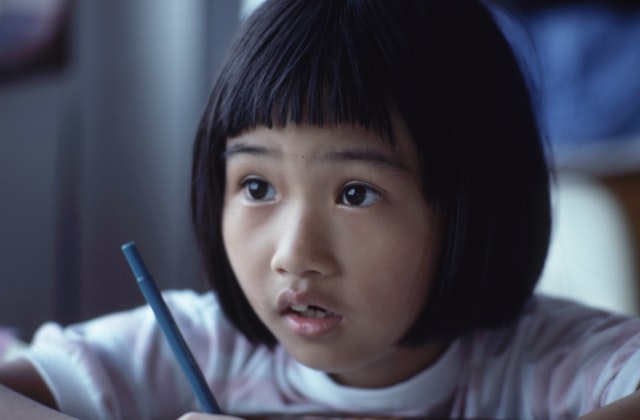 Parents also voiced their concerns of the move. Some of the worries include the possible rise of Covid-19 cases once school reopens, the ability of schools to adapt to the new normal, safety of food served in school, new timings of school hours and how well their child would adjust when schooling is back to full gear.
Parents also voiced their concerns of the move. Some of the worries include the possible rise of Covid-19 cases once school reopens, the ability of schools to adapt to the new normal, safety of food served in school, new timings of school hours and how well their child would adjust when schooling is back to full gear.
This situation is unprecedented, and any loving parent would have the same concerns if not more.
On the other hand, despite the reluctance to send their children back to school, there are also concerns if their children are missing out on their education and development should they continue to be at home. Online learning was a necessary step during the heights of the pandemic bur it may not be the best in the long run as not all children can effectively learn virtually.
With that in mind, here are some steps you as parents can take to ensure your children are prepared and safe when they go back to school.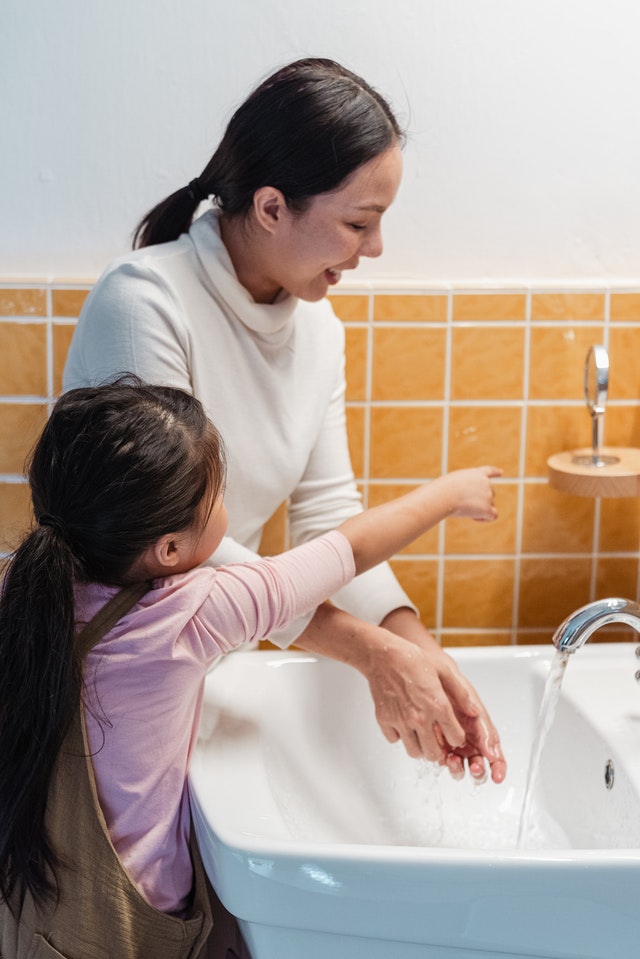
- Teach them how to wash their hands and encourage them to do it often. One of the best ways to ensure your child’s safety from Covid-19 is to encourage regular hand washing. With young children, you can make up a song or a short dance to encourage a fun learning experience.
- Educate them on proper hygiene – make sure your child knows that even though germs are invisible, they could still be present. You can also show your child to cover a cough or sneeze using their elbow.
- Ask them to tell you if they start to feel like they are having a fever, cough or are having difficulty breathing.
- The pandemic could have had an impact on your child’s mental health, so keep an eye out for signs of stress or anxiety.
- Have open conversations with your child about his feelings and let him know that it’s okay to feel overwhelmed at times. Listening to your child’s feelings, empathising and supporting them goes a long way in these situations.
- Have open conversations about bullying, remind your child that everyone deserves to feel safe in school and online. It’s important to let them know that they are not alone and they can always talk to you. Bullying is always wrong and the more you talk to your child about bullying, the more comfortable they will be telling you if they see or experience it.
- Check in with your children daily and ask about their time at school, their activities online or on social media. Some children may not express their emotions verbally, so you should also look out for any anxious or aggressive behaviour that may indicate that something is amiss.
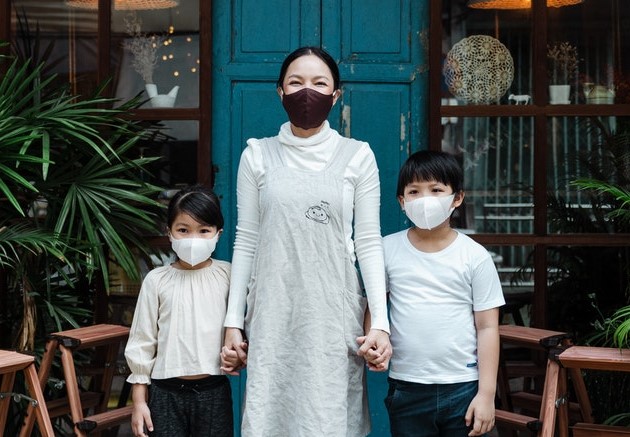 In any situation, having an open line of communication with your child is important. Ensure you and your child follow the steps suggested by your child’s school and the education ministry and don’t forget to wash your hands.
In any situation, having an open line of communication with your child is important. Ensure you and your child follow the steps suggested by your child’s school and the education ministry and don’t forget to wash your hands.
